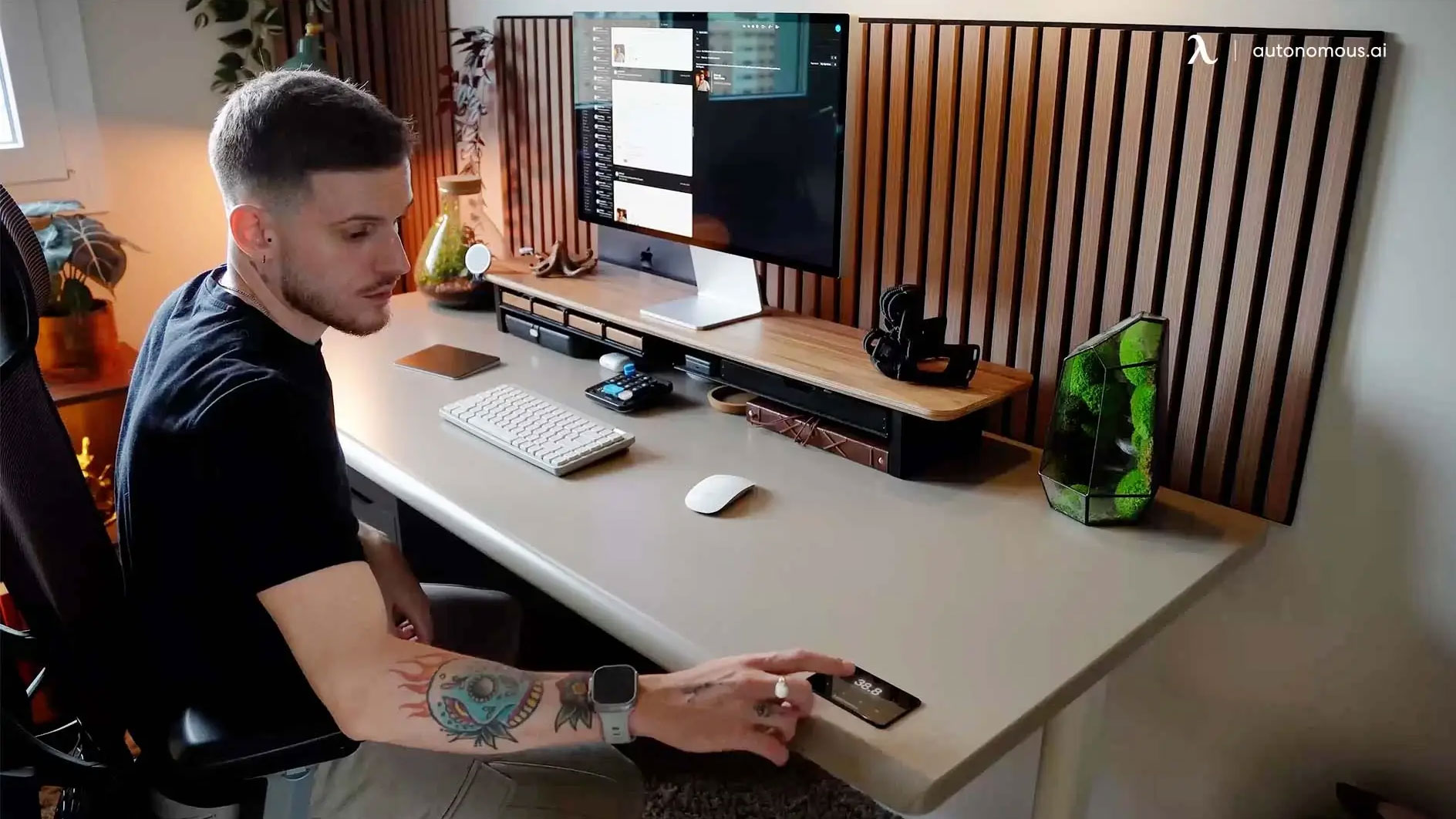6 tips for creating robot concept art
See how this artist went about designing and creating a stunning futuristic mech.
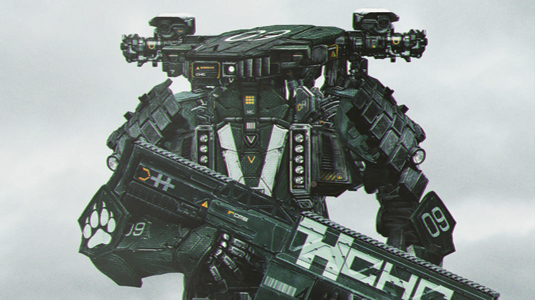
Valeriy Orlov's Weapons For Peace is an open-source project that he hopes will inspire artists to rethink how weapons are used and created.
"Weapons must be used in a very limited case and only as a demonstration of force, aiming to protect civil people and not as an act of physical aggression to pursue someone's selfish goals," says Valeriy. In a sense, he wants artists to create 'defensive weapons'.
His initial robot concept is the MMCS RATNIY M09, created as a modular design so artists can see how each piece fits together and can be developed in new directions. "This character is simple and can be easily understood by everyone. I think that it’s not quite the right strategy to start a big open- source project with complicated characters," says Valeriy.
Valeriy explains his concept process and encourages you to adapt and reinvent his idea into something else. Can this be turned into a weapon for peace? A medical, construction, or agriculture robot, perhaps.
01. References
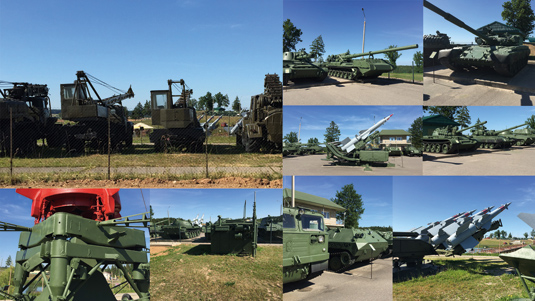
I didn't want to create something futuristic; I wanted to create a character anyone can believe in, which means it should consist of known forms. So I took photos at an outdoor museum of military machines for reference.
02. Find the silhouette
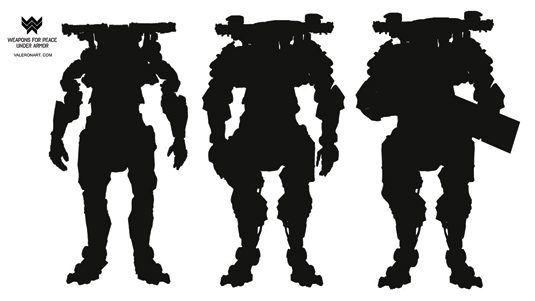
Having gathered all necessary material, I began working. It took some time to discover how my references and shapes fitted together, but very soon I figured it out, and the first concept silhouette appeared.
03. How will it move?
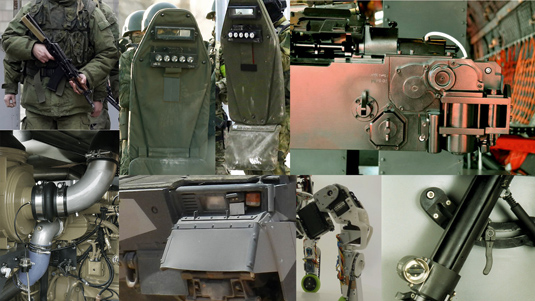
Once I had the forms and design in place I began thinking about how the mech should walk, bend, carry weapons, and so on. This required another round of reference gathering, focusing on smaller elements and details.
Daily design news, reviews, how-tos and more, as picked by the editors.
04. Modular design
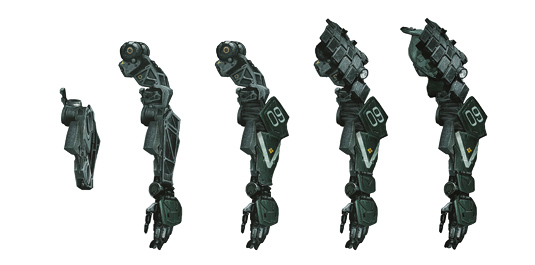
Once I'd devised how it's going to move and work, I divided the design into parts and thought about how a robot like this will be manufactured. This included designing the main processor, as well as different safety and life-support systems.
05. Weapon design
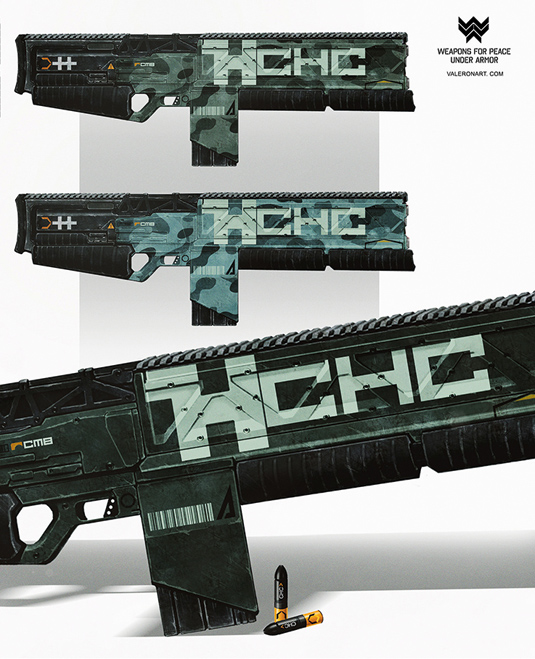
As well as thinking about the shape and design of a military robot, I also created the weapon design. I thought over everything, from the number and shape of the bullets to the technical characteristics needed to achieve a realistic concept.
06. Colour and decals
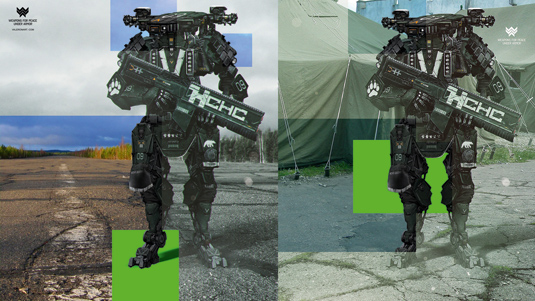
I considered the armour colour and additional asymmetrical details that will make the robot look realistic, as well as logo locations on the final stage of the concept. All that was left was to insert the concept into an environment.
This article was originally published in 3D World magazine issue 205.
